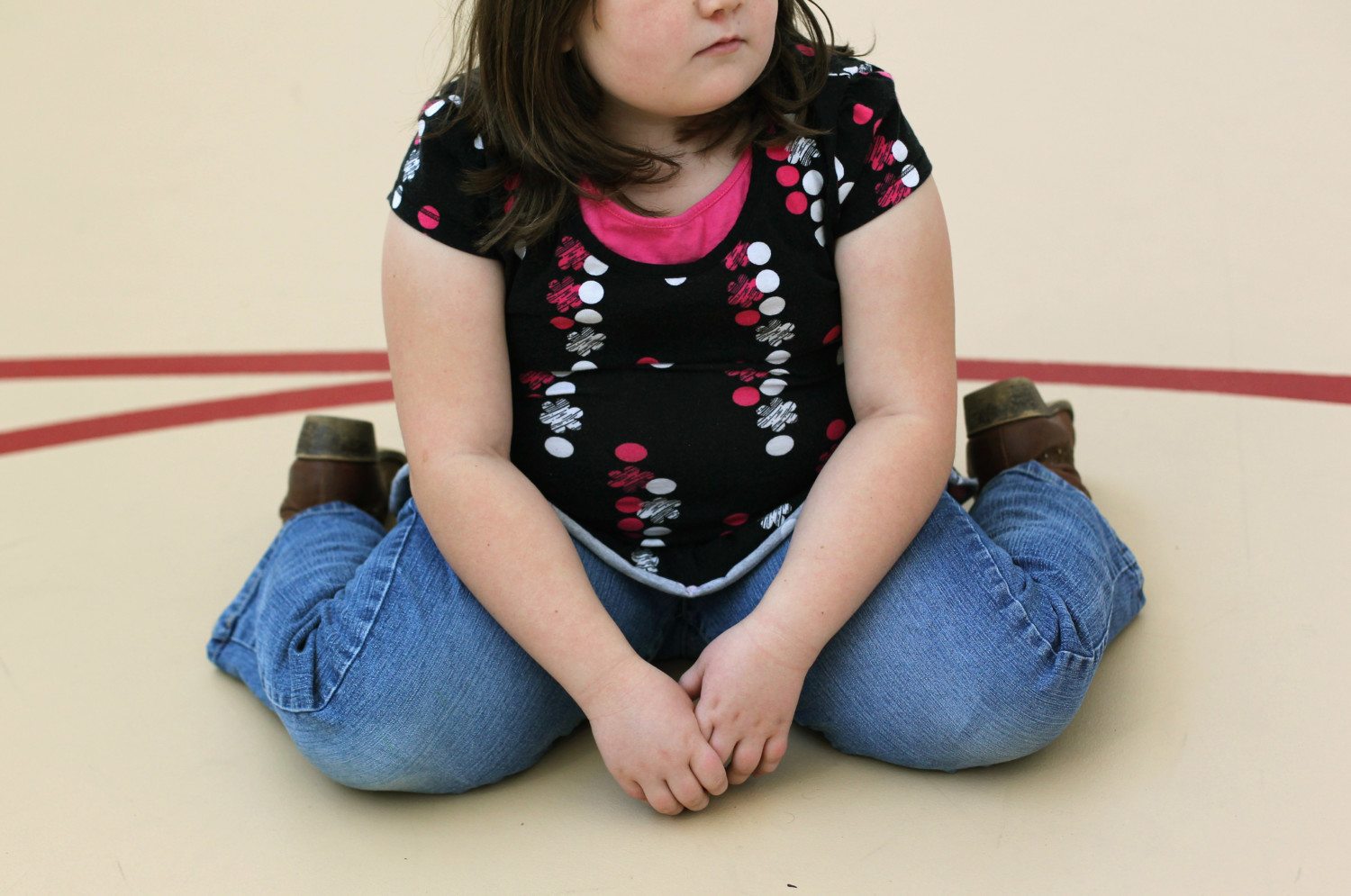Study finds overweight kids are being excluded from friendships

Sad news out of the University of Southern California—evidently, fat shaming starts much younger than you might think. According to new research, overweight children are consistently excluded from friendships with their thinner peers. On top of that, they’re also more likely to believe they’re friends with another student (who disagrees) and to be disliked by their classmates. Yikes.
The study, conducted by researchers at the Keck School of Medicine at USC studied 504 preteens in the Netherlands and how they interacted with their peers. The results were pretty unanimously depressing, showing that the consistent negative interactions that heavier kids face “take a mental, social and physical toll” on their lives.
“Our finding is alarming because if we continue to have social environments where fat shaming is the norm, these kids will continue to be ostracized,” said lead study author Kayla de la Haye. “Those adverse interactions increase the risk of loneliness, depression, poor eating habits and illness.”
The children in the study were asked to complete a simple survey, and the results were not good for overweight children. According to the study, heavier kids were “1.7 times more likely to be disliked and 1.2 times more likely to dislike their peers” when compared to kids of average weight, according to the study. According to de la Haye, this indicates that overweight children typically suffer more “frenemy” relationships and unreciprocated friendships.
Given cultural differences between the U.S. and the Netherlands, there could be a discrepancy when translating these findings to American kids—but parents, caregivers and teachers would be wise to stay vigilant about any kind of social exclusion they see overweight kids facing.
“Research by others has shown people who chronically feel isolated, lonely or socially disconnected experience greater inflammation and reduced viral suppression,” de la Haye said. “We’re not sure if that’s at play here, but a consistent body of research shows that negative social relationships can go under the skin and affect health.”
And it’s not just children who are suffering the ill effects of societal fat shaming. Previous research has shown that overweight people are frequently discriminated against. According to a 2015 study from the University of Pennsylvania Wharton School, heavy people in the workplace are frequently viewed as less competent than their thinner peers. In that same vein, a study conducted by Glamour magazine in 2012 found that overweight women are more likely to be labeled “sloppy,” “undisciplined,”and “lazy” than women who look thinner.
So what can be done for these overweight children who are being systematically excluded from their friendships?
“We want to reduce the stigma of being overweight,” de la Haye said. “We have anti-bullying campaigns based on sexual identity, race and ethnicity. We should do more to integrate obesity in our anti-bullying repertoire.”






